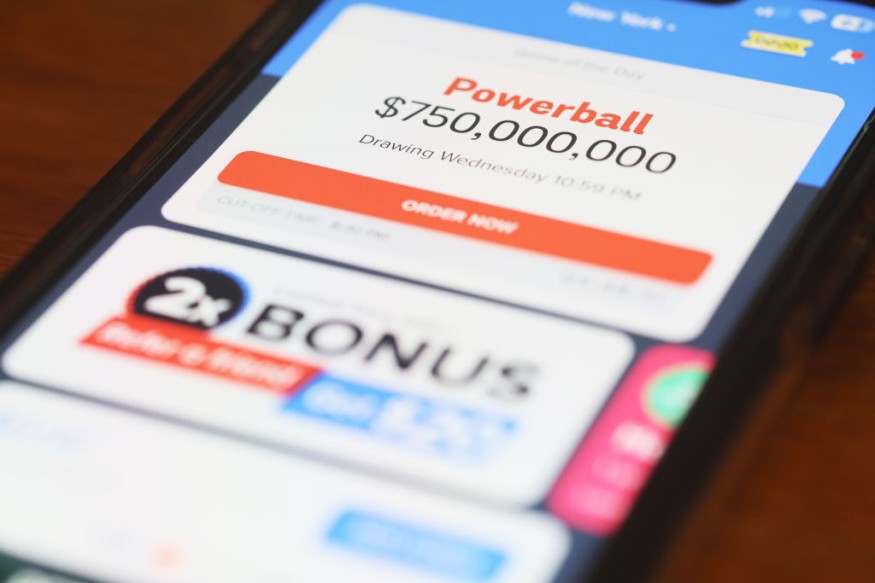Romanian-Australian economist Stefan Mandel, together with his team, defied the odds by winning the lottery an astonishing 14 times in the 1990s. Mandel's success was not a result of sheer luck but rather a meticulously devised system.
Daily Mirror reported that Mandel initially employed this system to win a lottery in Romania, using the prize money to navigate his way out of the country and eventually settle in Australia. Mandel's extraordinary feat showcases his mathematical prowess and his ability to create a nearly flawless formula for achieving repeated lottery success.

Winning the Lottery Jackpot 14 Times
While employed as an economist in Romania, Stefan Mandel devised a strategy to win the lottery by accurately predicting five numbers and guessing the sixth digit. Alongside three friends, they claimed the top prize in Romania, which amounted to 72,783 leu, equivalent to 18 times Mandel's salary at the time.
Mandel observed that certain lotteries offered jackpots exceeding the cost of purchasing every possible combination of numbers, The Hustle reported. Recognizing the potential for a substantial return on investment, he decided to pursue this approach.
Although his actions were not explicitly prohibited, they deviated from the spirit of the game. Mandel faced various challenges, such as securing investors and developing algorithms to generate and print the massive volume of tickets required.
According to IFL Science, Mandel's team awaited a significant jackpot before purchasing the tickets in retail stores. However, due to the enormous quantity involved, the process was not always seamless. This was evident in their experience with the Virginia lottery, where complications arose due to the sheer bulk of tickets.
Having achieved success in smaller lotteries in Australia, Mandel identified opportunities in the United States, particularly the Virginia lottery with its limited range of numbers. With only 7,059,052 possible combinations, significantly fewer than other lotteries, this presented a promising chance.
When the jackpot reached $15.5 million, Mandel orchestrated the bulk purchase of tickets, pre-arranging the transaction to avoid arousing suspicion. While some participants withdrew from the arrangement, leaving some ticket combinations unpurchased, Mandel's team ultimately obtained 6.4 million of the required 7 million combinations.
Despite scrutiny from the FBI and CIA, Mandel was not found to have committed any wrongdoing. Overall, he triumphed in 14 different lotteries, securing substantial prize money for himself and his investors, eventually retiring to a beach house in the tropical islands of Vanuatu.
How to Win the Lottery: Mandel's 6-Step Genius Formula in Winning the Jackpot
Today, Mandel has settled into a tranquil existence on the picturesque island nation of Vanuatu, renowned for its scenic volcanoes and cascading waterfalls. Below is his six-step genius formula as shared by Insider:
- Determine the total number of potential combinations, such as 3,838,380, for a lottery requiring six numbers chosen from 1 to 40.
- Identify lotteries where the jackpot surpasses three times the number of possible combinations.
- Secure sufficient funds by enlisting 2,524 investors to cover the cost of each combination for the targeted lottery, such as the Virginia lottery.
- Generate millions of tickets with all possible combinations, a practice that was legal at the time but now requires direct purchase from authorized retailers.
- Distribute the printed tickets to authorized lottery vendors for sale.
- Claim the prize money, ensuring to allocate appropriate payouts to investors. For instance, Mandel received $97,000 from a $1.3 million victory in 1987.
RELATED ARTICLE: The Complicated Mathematics Behind Poker
Check out more news and information on Physics and Math Deficiency in Science Times.
© 2026 ScienceTimes.com All rights reserved. Do not reproduce without permission. The window to the world of Science Times.












